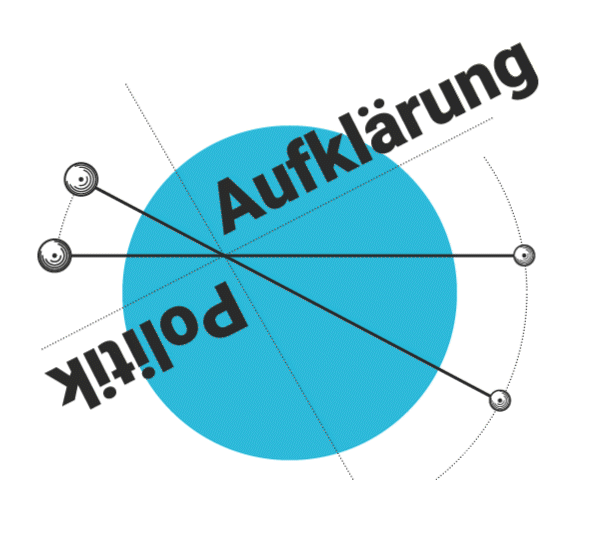(Working title)
The dissertation project examines, how a specific emphatically charged semantics of conviction (dt.: Überzeugung) decisively dynamized the period of the German Vormärz (1815–1848). The idea, that conviction should be the primary source of political action, functioned as a factor and dynamized both the actions of the political opposition and – in the defense of alleged or actual Überzeugungstäter (=notion of a political criminal who acts out of conviction) – the actions of the state security authorities. As a central oppositional player, the dissertation project is focused on the German Burschenschaften, within which the reference to conviction became a central source of legitimization and motivation for political action. It also conditioned processes of political differentiation and radicalization based on different answers to the question, which action out of conviction is both legitimate and effective. In this way, the project contributes to a new and more precise understanding of the tense dynamics of interaction between the state and the political opposition in the German Vormärz and thus sheds light on the prehistory of issues that are subject of lively debate also today.

